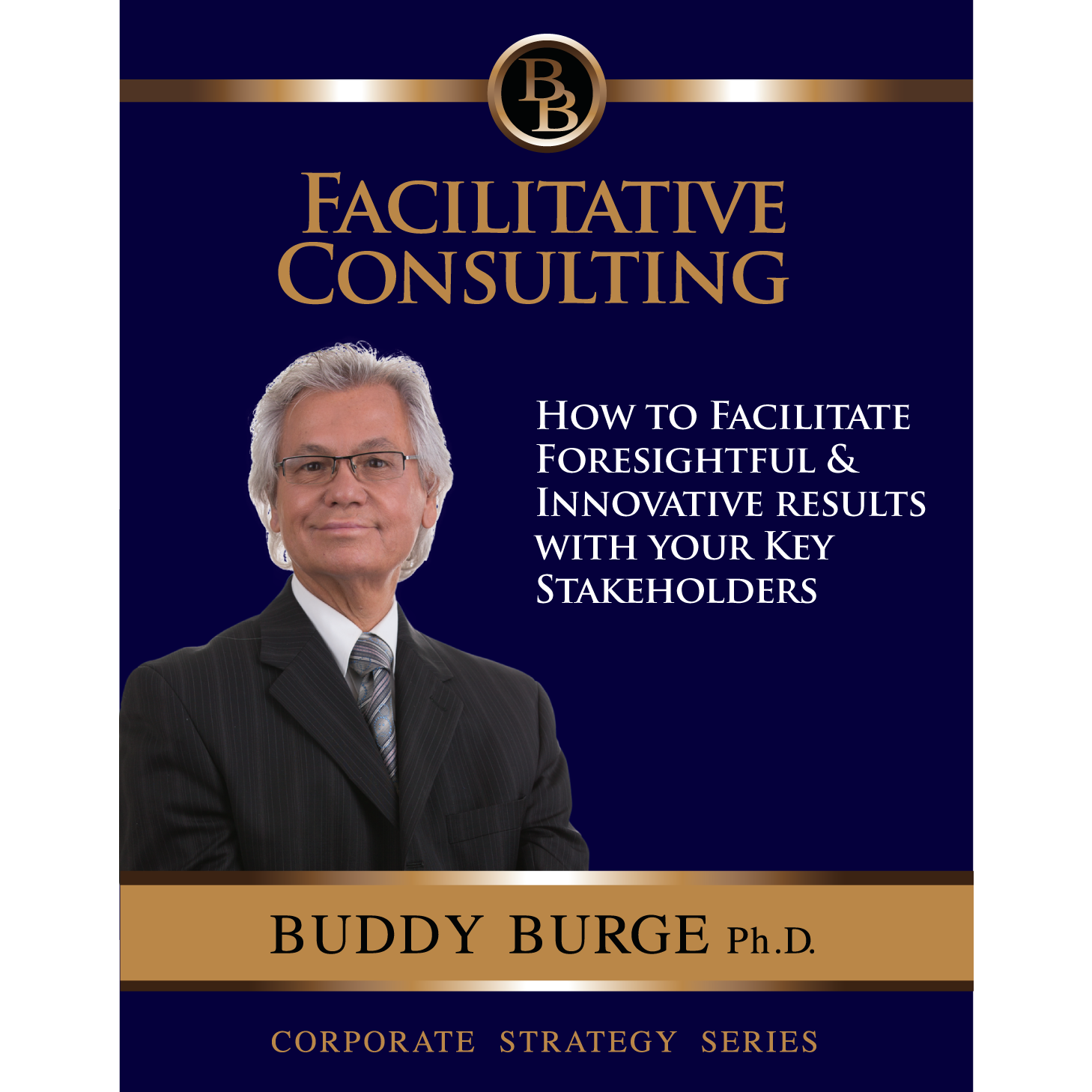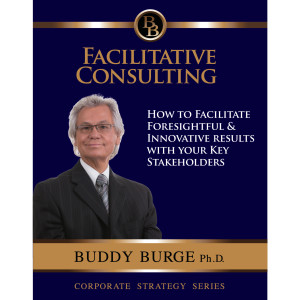
The following excerpt is taken from “Facilitative Consulting”
Facilitative Consulting Elements, Assumptions, Goals and Roles
In the first article on Facilitative Consulting we detailed its’ four ever present elements.
In this post we will address the Four Consulting Assumptions.
Four Consulting Assumptions
Any view of what makes for effective consultation relies heavily on the assumptions the consultant has about what makes an effective organization.
These assumptions will be implicitly or explicitly a part of any recommendation.
Assumption One: Problem Solving Requires Valid Data
Using valid data eliminates a major cause of confusion, uncertainty, and resulting inefficiency in problem solving.
Valid data encompasses two things:
(1) Objective data, data about ideas, events, or situations that everyone accepts as facts,
(2) Personal data. Personal data are also “facts,” but they concern how individuals feel about what is happening to them and around them.
If people feel they will not get a fair shake, it is a “fact” that they feel that way, and it is also a “fact” that this belief will have an effect on their behavior.
To ignore this kind of “fact” is to throwaway data that may be crucial to any problem-solving effort.
Assumption Two: Effective Decision Making Requires Free and Open Choice
Making decisions is easy.
Making decisions that people will support is not so easy.
Organizations seem to work better when people get an opportunity to influence decisions that have a direct impact on their work.
When people feel that something is important and they have some control, they will be motivated to exert the effort to make things work.
When they believe that something is important but they can exert no control, the common tendencies are to become cautious or defensive, to play it safe, to withhold information, to protect themselves from blame.
Assumption Three: Effective Implementation Requires Internal Commitment
People readily commit themselves to things they believe will further their interests.
If no link is seen between what a person is asked to do and what a person wants to do, the probability of getting an all-out effort is not likely.
You can order people to do things and ordinarily they will comply-at least while you are watching.
But if you want them to apply themselves, internal commitment is required.
Assumption Four: The Consultant’s Goals
The preceding three assumptions about what contributes to effective consultant and manager performance lead naturally to a set of preferred goals for each consulting job.
Achieving each of these goals may not always be possible, but the consultant does need to be about his/her preference.
In post number three on this series, we will explore the consultant’s three goals.
For more on this topic, we recommend the following | |
 | Facilitative ConsultingHow to Facilitate Foresightful and Innovative Click Here For Video and Full Description If you found this article useful |

![CropperCapture[378]](http://buddyburge.com/wp-content/uploads/2014/02/CropperCapture378-300x294.png)
![CropperCapture[379]](http://buddyburge.com/wp-content/uploads/2014/02/CropperCapture379-300x300.png)
![CropperCapture[380]](http://buddyburge.com/wp-content/uploads/2014/02/CropperCapture380-300x165.png)
